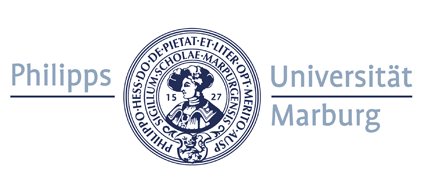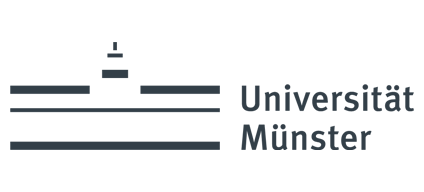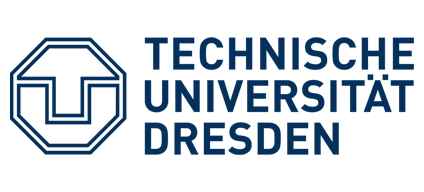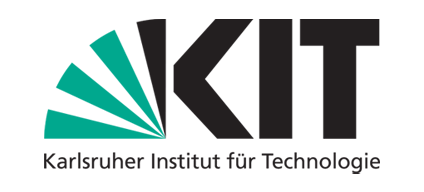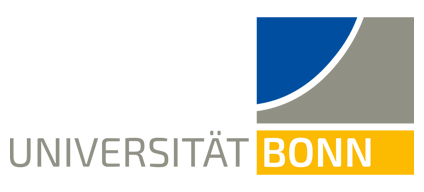Main Content
Curriculum
The curriculum covers various formats (e.g. lectures, workshops, peer group meetings) across four dimensions:
- scientific knowledge & skills
- science communication & presentation
- personal & career development
- thesis supervision
Each year, the RTG organizes and funds three workshops, one within each of the dimensions knowledge & skills, science communication, and career development.

Scientific knowledge & skills
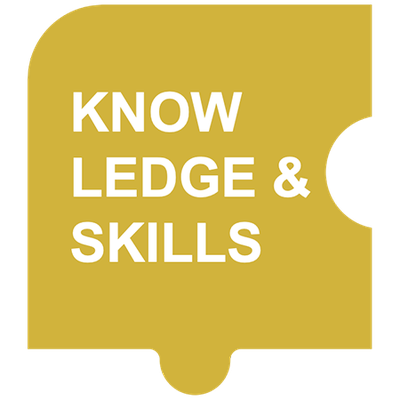
Graduates of the RTG will have gained a detailed understanding of contemporary theories on affective disorders and related cognitive-emotional mechanisms, a comprehension of underlying neuroanatomical, neurophysiological and neurofunctional correlates, as well as a sound knowledge of longitudinal methods to study them.
Science communication & presentation

Science matters most when it's shared: Therefore, our students will gain theoretical knowledge and practical experience in communicating and presenting scientific results within and beyond the scientific community and through different channels and modalities - from writing abstracts, papers or grants, to creating posters and graphical abstracts to science communication in (social) media channels.
Personal & Career Development

The RTG aims at furthering personal and career development through acquiring skills in time and project management, learn about leadership and supervision skills, but also sharing knowledge about science politics and discussing "unwritten rules". Career development meetings in the final PhD year help with choosing and paving future paths.
Thesis Supervision

Within the RTG, we emphasize continuous and supportive supervision and intervision and will ensure constant support through monitoring regular meetings between supervisor(s) and PhD students, quarterly progress reports to the RTG board, and comprehensive thesis feedback as well as yearly student retreats, regular (virtual) peer meetings and writing groups.
All dimensions are further strengthened through the experiences gained in lab visits and research stays funded through the RTG. These can be spent at one of the other partner sites within the SFB/TRR 393, but also at other institutions, national or abroad. PhD students are encouraged to spend up to four weeks at another institution to foster or strengthen collaborations, develop new perspectives on their research topic, and further their methodological skills.
